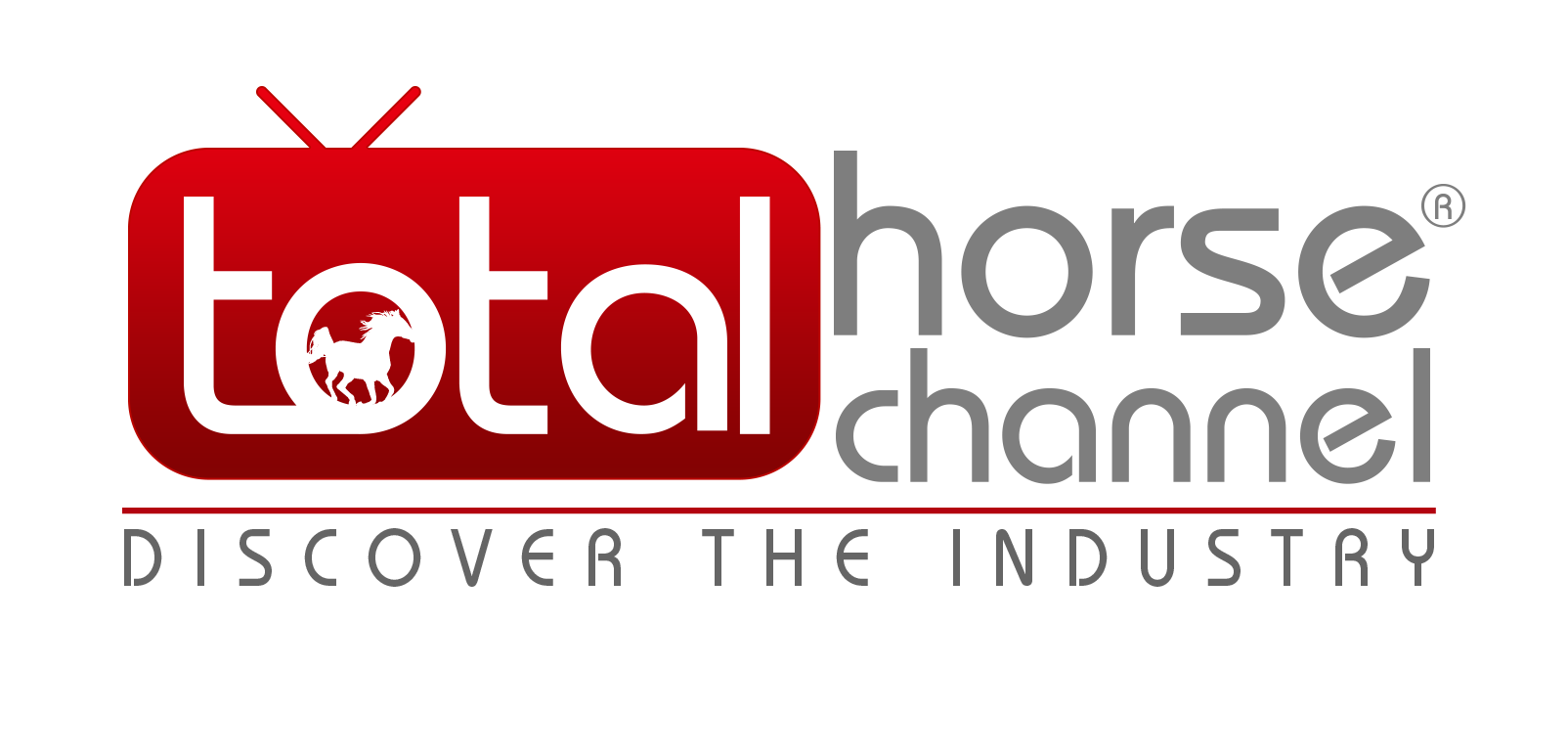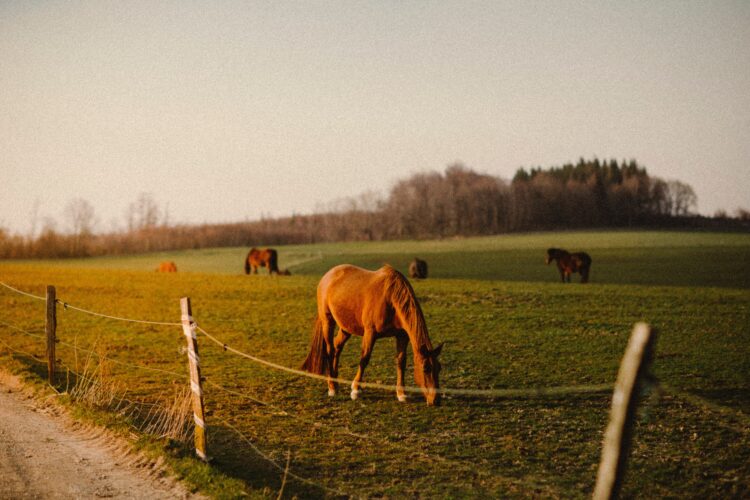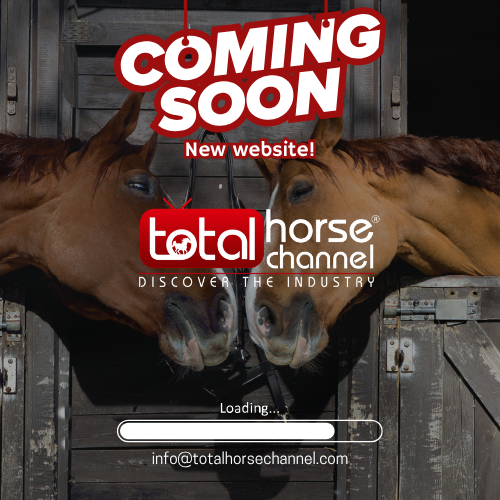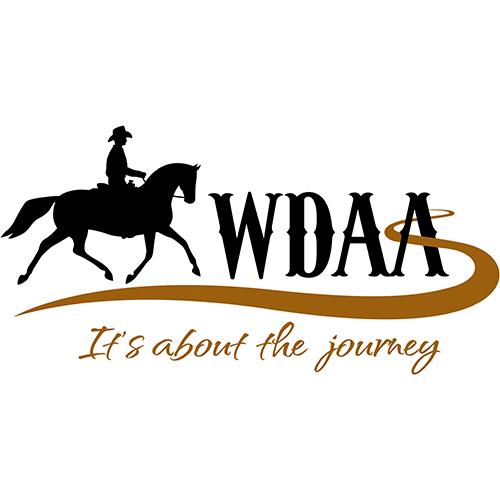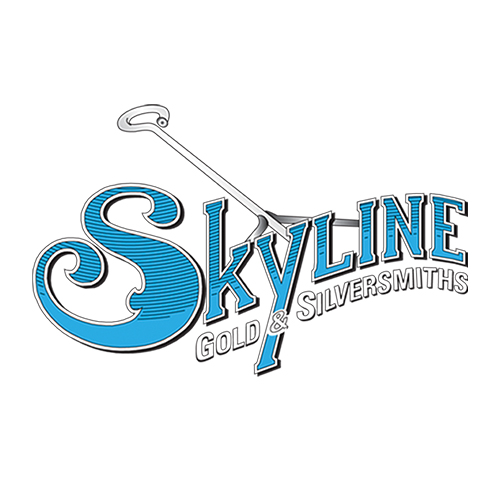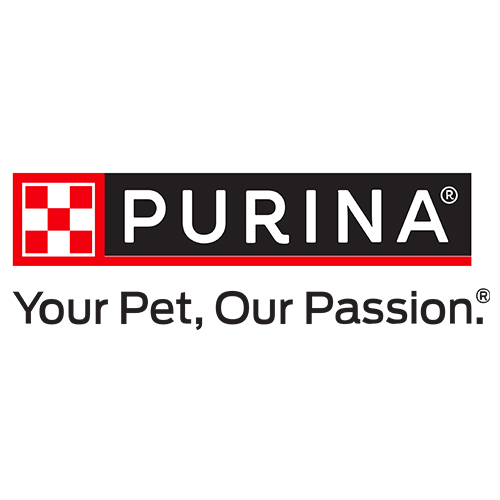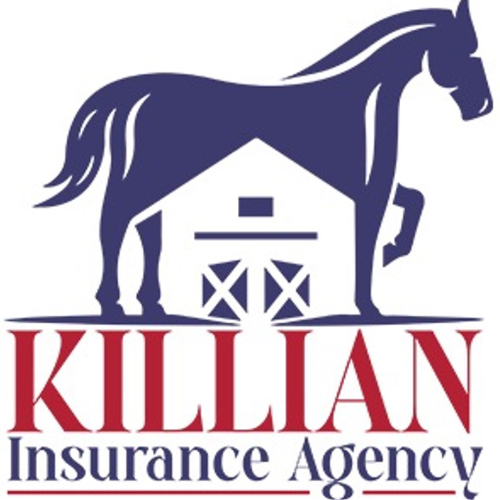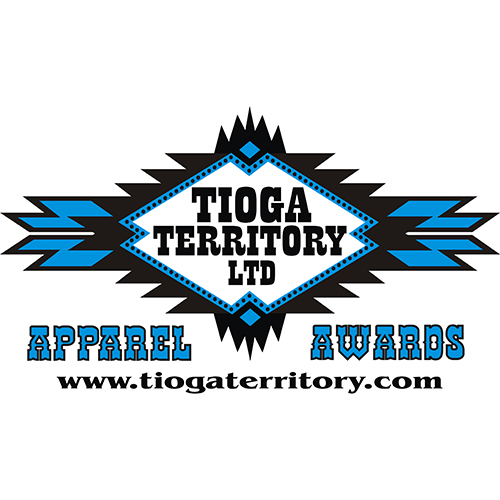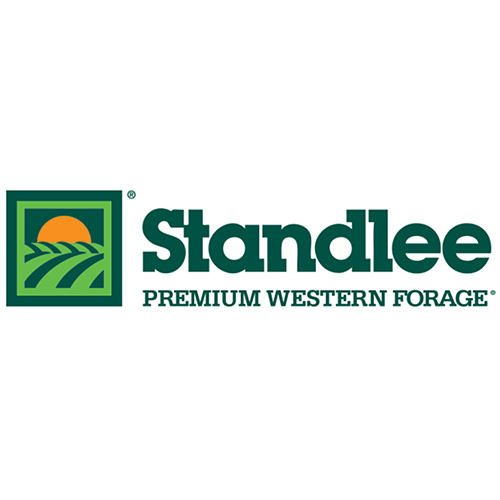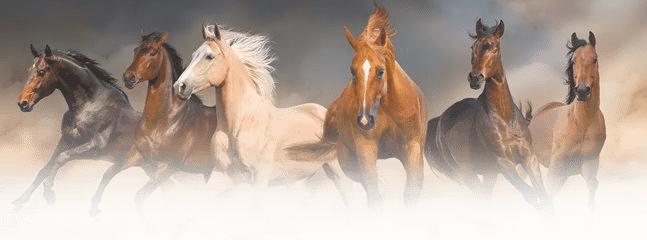Source: https://unsplash.com/photos/pmp6bxADEnk
Horses are magnificent creatures, beloved by people all around the world. They symbolize determination and freedom. Depending upon the extent of interest, people can utilize horses for various purposes. Some own horses as pets, and many use them for riding or racing.
If you’re a horse owner, you must be familiar with the concept of horse farms. Horse farms are specialized equestrian properties used for keeping and caring for horses. These have been increasingly gaining popularity as more people start looking for ways to take a break from the chaos of cities. Let’s give you an insight into horse farm buying:
Why Buy a Horse Farm?
Ask this question from a horse enthusiast, and they’d give you an extensive list of the benefits of owning a horse farm. The most significant one is that you’ll be able to stay close to your horses at all times, allowing you to look after them easily. Your horses will have more freedom to roam around and facilities that cater to their needs. Additionally, horse properties are an excellent investment. You can easily turn a simple hobby into a flourishing business by opening your horse farm to boarders.
What to Consider
Buying an equestrian property is a big decision with long-lasting effects. So you must be fully aware of all the factors before purchasing horse farms. Here are some tips for making the right choice:
1. Purpose of the Farm
The first and foremost thing to establish is what you’re going to use the farm for. Ask yourself if the farm is simply to satisfy your passion or if you plan to rent it to boarders. Or perhaps you want to conduct riding lessons or establish an arena for games. Make sure your purpose is valuable and your use well-planned.
2. Land of the Farm
One important thing to check is what kind of land you’re buying because not all types of land are horse farm-friendly. A few aspects to avoid are rugged paths, damp soil, and steep slopes. Additionally, the land should have enough greenery to accommodate the horses, but it shouldn’t host weeds that are toxic to them.
3. Storage Capacity
The next thing to consider is the storage capacity of the house farm; how many horses can it accommodate? You’ll also need space for a specific area designated solely for keeping the tack, such as bridles, saddles, and blankets. A separate room should also be there to keep the medications and first aid kit.
4. Easy Accessibility
When choosing the location of your farm, you must put the accessibility factor high on your list of priorities. Horse farms are usually built in relatively secluded areas away from the city. Make sure your chosen site isn’t too far from where you live: it should be easily accessible, especially if you hope to turn it into a business.
5. Abundant Water Supply
Before deciding on the horse farm, ensure that water availability is abundant in the area, as an average horse drinks about five to 10 gallons of water per day. There must be a constant water supply, preferably from a natural source nearby, to provide enough water to all the horses.
6. Appropriate Drainage System
A well-established drainage system is necessary for a horse farm. If the system is faulty, it could easily lead to muddy, damp soil, which will cause health problems for your horses and their caretakers. You must carefully inspect the drainage system of the farm. One effective way to
check is to go after a rainstorm and see if there is water accumulation.
Endnote
Owning a horse farm is a dream of horse lovers, as it provides them with the luxury of spending more time with their horses. It’s also a great investment opportunity that can generate a sizable income. The purchasing process can seem difficult if you’ve never bought an equestrian property, but just keep these factors in mind before making the purchase, and you’ll find yourself with an optimal choice.
